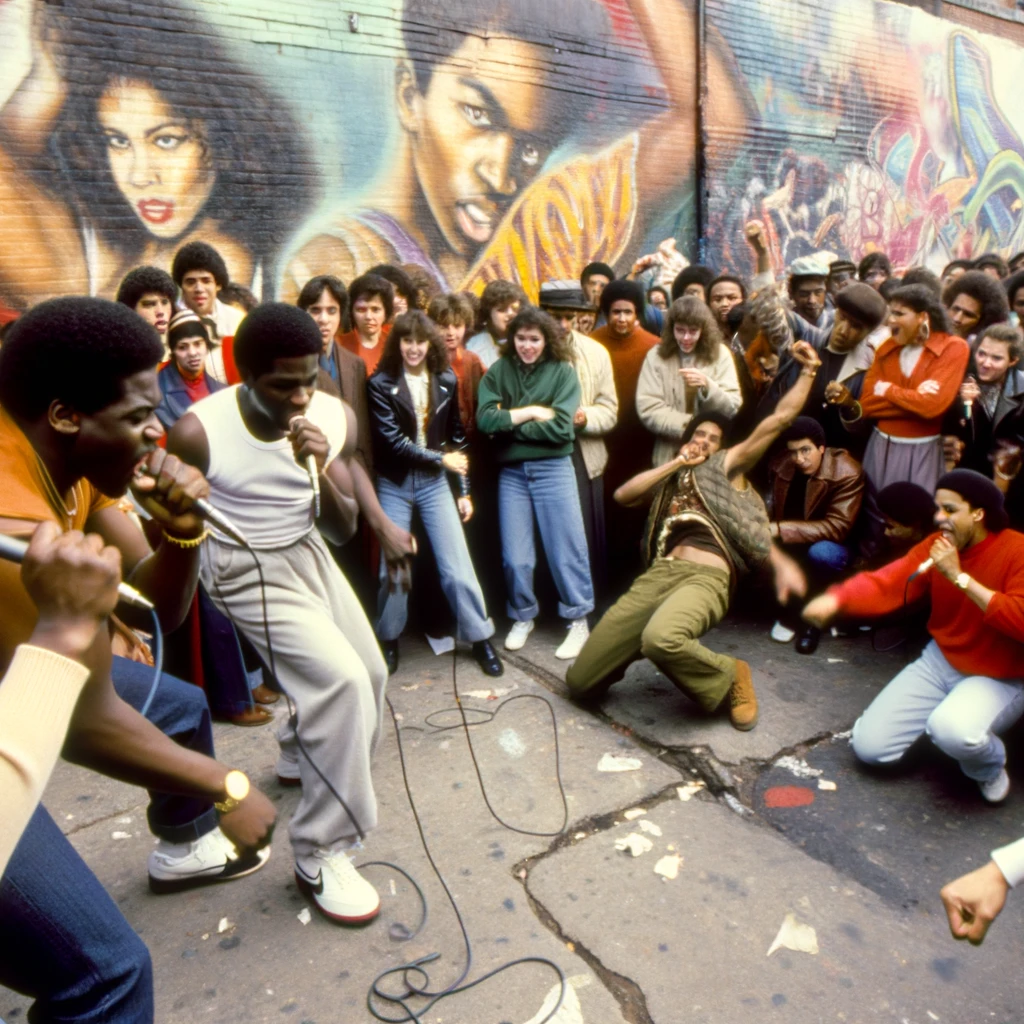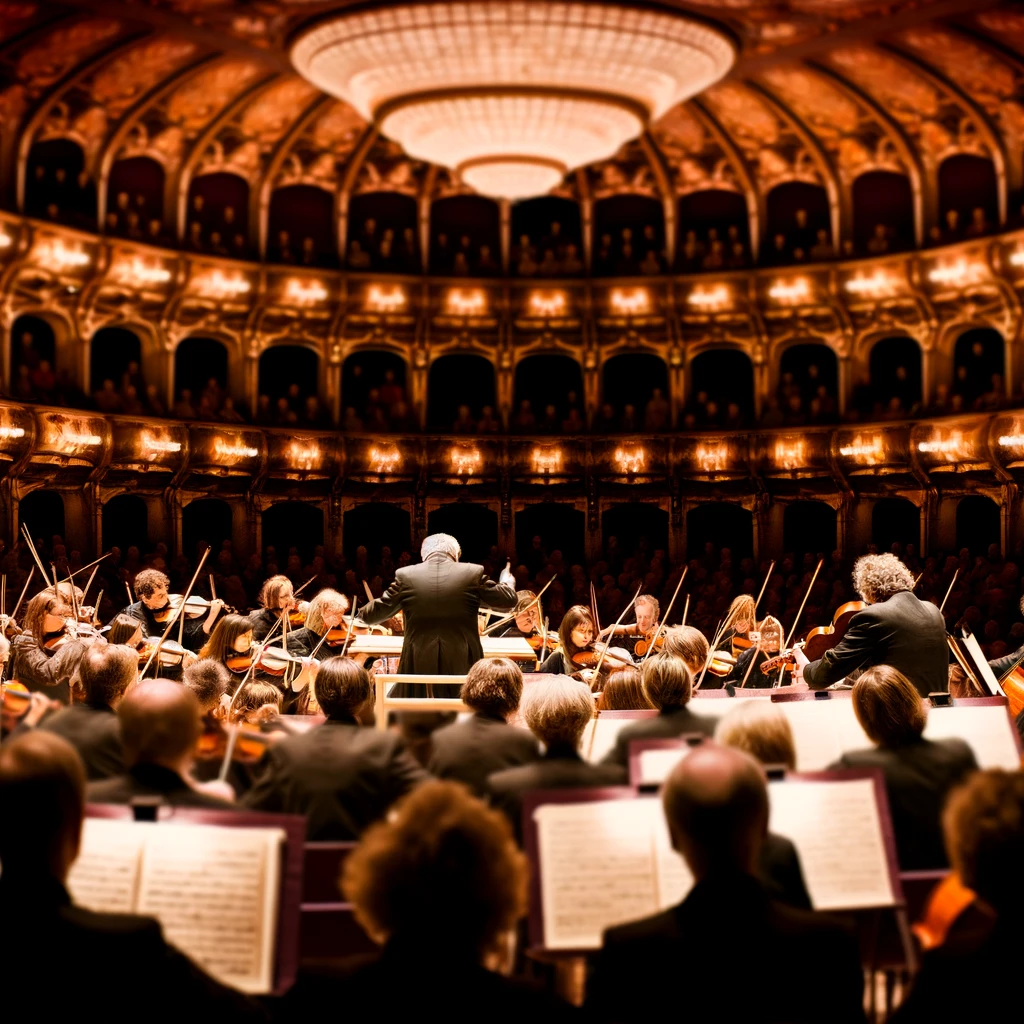Related Articles











The 1970s and 1980s marked an era of rebellion, individuality, and a stark break from musical conventions, all embodied by the raw energy of punk rock. This music genre not only revolutionized the soundscape but also became a cultural movement that questioned societal norms. In this article, we delve deep into the history, evolution, and enduring influence of punk rock.
The origins of punk rock can be traced back to the mid-1970s in both the United States and the United Kingdom. Bands like The Ramones in New York and The Sex Pistols in London pioneered a sound characterized by fast-paced, short songs with hard-edged melodies and stripped-down instrumentation. The lyrics often conveyed anti-establishment sentiments, capturing the frustrations of a disillusioned youth.
The punk rock movement drew inspiration from earlier rock and roll, garage rock, and protopunk bands. Influential artists like The Stooges and The Velvet Underground laid the groundwork with their raw sound and rebellious lyrics. Punk rock was, in essence, a reaction against the perceived excesses of mainstream 1970s rock music.
Punk rock was more than just music; it was a lifestyle and an ideology. The DIY ethic of punk encouraged fans to form their own bands, create their own labels, and produce their own records. This democratization of music production fostered a vibrant subculture that thrived on authenticity and independence.
Alongside its distinctive sound, punk rock also introduced a unique fashion style characterized by torn clothing, safety pins, and unconventional hairstyles. Designers like Vivienne Westwood played a significant role in shaping punk fashion, which became a visual representation of the genre's rebellious ethos.
As punk rock gained popularity, it evolved into various subgenres, including hardcore punk, post-punk, and pop punk. Bands such as Black Flag and Bad Brains pushed the boundaries with a faster and more aggressive sound, while groups like The Clash and Siouxsie and the Banshees expanded punk's musical and lyrical scope.
Punk rock's influence spread beyond the UK and US, with scenes emerging in countries like Australia, Germany, and Japan. Each region added its own cultural nuances, further diversifying the genre.
Today, punk rock's spirit lives on, influencing a wide range of musical genres and cultural movements. Bands like Green Day, Nirvana, and The Offspring carried punk's torch into the mainstream in the 1990s, ensuring its continued relevance. Punk's ethos of challenging the status quo and promoting individual expression remains as vital as ever.
In the modern era, punk rock continues to inspire new generations of musicians and fans. The rise of digital platforms has allowed punk bands to reach global audiences, keeping the genre alive and dynamic.
In conclusion, punk rock's unyielding spirit is a testament to its enduring power as a force for change and creativity. From its rebellious beginnings to its global impact, punk rock has left an indelible mark on both music and society.